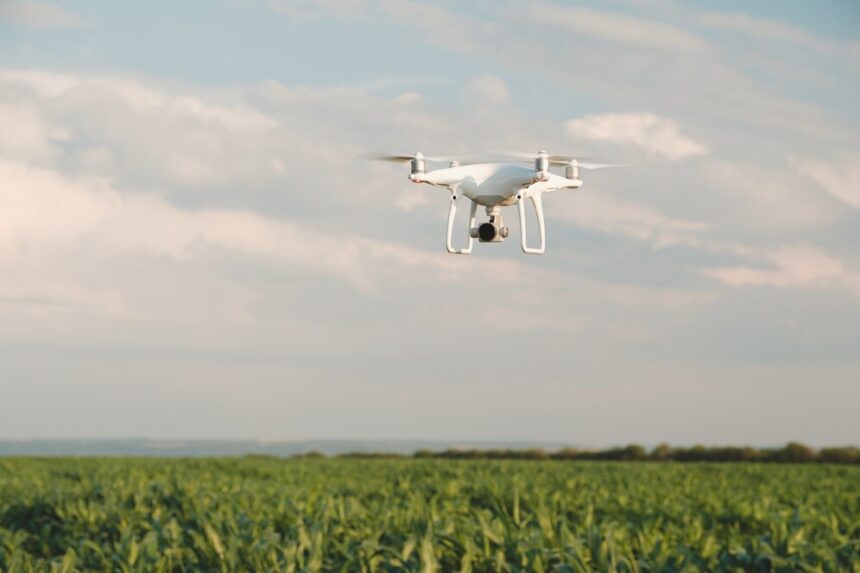Israeli farmers are turning to advanced drone technology to monitor and manage crop health with remarkable precision. In a country where agriculture must contend with arid conditions, limited water resources, and unpredictable weather patterns, drones have become an invaluable tool for early detection of crop stress.
Equipped with high-resolution cameras and multispectral sensors, these drones can scan vast farmlands in a fraction of the time it would take human workers. By capturing detailed images, they help identify signs of stress caused by drought, nutrient deficiencies, pests, or disease before they become visible to the naked eye. The collected data is then analyzed using artificial intelligence, allowing farmers to make informed decisions about irrigation, fertilization, and pest control.
One of the key benefits of using drones is their ability to reduce resource wastage. By pinpointing areas that need intervention, farmers can apply water, fertilizers, and pesticides precisely where they are needed, rather than across entire fields. This not only boosts efficiency but also minimizes environmental impact.
In Israel’s Negev desert, where agriculture thrives despite extreme conditions, drone technology is proving particularly useful. Farmers in the region report increased yields and reduced costs, thanks to the early warnings provided by these aerial surveillance systems. Some companies are even developing autonomous drone networks that continuously monitor crops without requiring manual operation.
As climate change intensifies challenges for global food production, Israel’s use of drones in agriculture is setting an example for other nations looking to enhance food security through technology. By leveraging aerial monitoring and AI-driven insights, farmers are not just protecting their crops but also pioneering a smarter, more sustainable future for agriculture.
Join 'Farmers Mag' WhatsApp Channel
Get the latest Farming news and tips delivered straight to your WhatsApp
CLICK HERE TO JOIN






